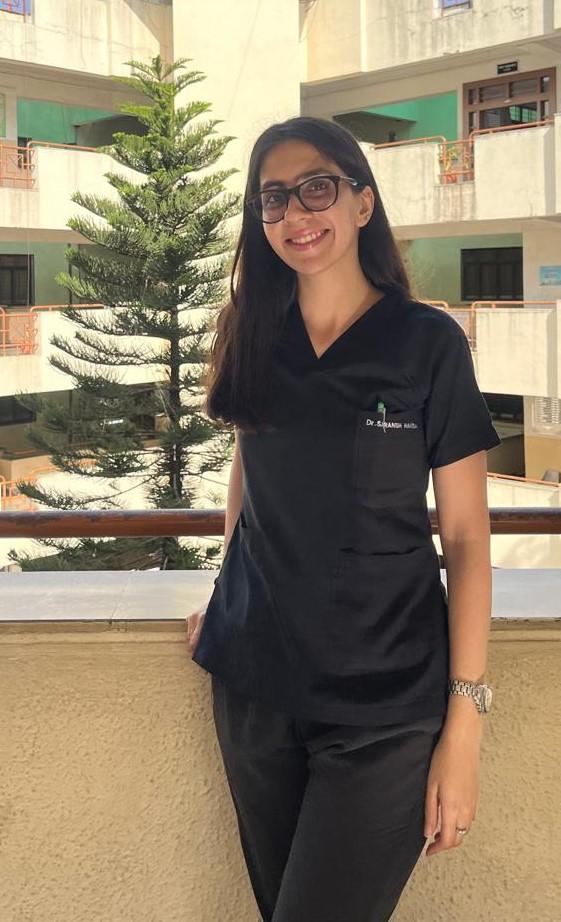Tobacco became a cause close to my heart during the pandemic when I participated in a poster presentation for World No Tobacco Day. What began as a simple academic project quickly evolved into a profound awakening about the devastating impact of tobacco on oral health in India, where its use is alarmingly prevalent. This awareness deepened during my time in dental school, particularly during my public health postings in rural Maharashtra. Here, I encountered stories that brought the harsh realities of tobacco-related oral diseases into sharp focus.
One patient I vividly recall was a man suffering from advanced oral submucous fibrosis, a condition that had left him barely able to open his mouth. Despite his debilitating symptoms, he seemed unaware that his lifelong habit of chewing tobacco was the root cause. His condition, and his lack of understanding about it, highlighted a painful truth: a lack of education and limited access to resources perpetuate silent suffering in underserved communities. This experience was not an isolated case. In rural Maharashtra, I observed that tobacco use was not merely a habit but a deeply ingrained cultural norm, passed down through generations. Many patients I interacted with were unaware that seemingly common symptoms—such as burning sensations in their mouths or the appearance of white patches on their oral mucosa—were early warning signs of severe oral diseases.
Determined to make a difference, I began organizing free dental checkups in these underserved regions. These events became platforms for education and empowerment. An important lesson I learned during this journey was the transformative power of empathy and trust. Patients in rural areas are often hesitant to seek medical care due to financial constraints, gender disparities and cultural stigma. Through nonjudgmental counseling, we were able to break down these barriers and encourage open conversations. Counseling sessions focused on practical, actionable strategies for quitting tobacco—identifying triggers, providing healthier alternatives, and fostering a supportive community.
Yet, the work also revealed systemic barriers that need urgent attention. The lack of preventive care, the high cost of treatments, and the normalization of tobacco use are deeply rooted challenges that cannot be addressed solely at the community level. These issues demand long-term policy reforms, stronger public health campaigns, and an integration of tobacco cessation programs into national healthcare strategies. I am deeply committed to fostering a future where underserved communities are equipped with the knowledge and resources to reclaim control over their health. With unwavering dedication and a focus on education, I believe we can pave the way toward a healthier, tobacco-free world that uplifts and empowers every individual, regardless of their circumstances.

